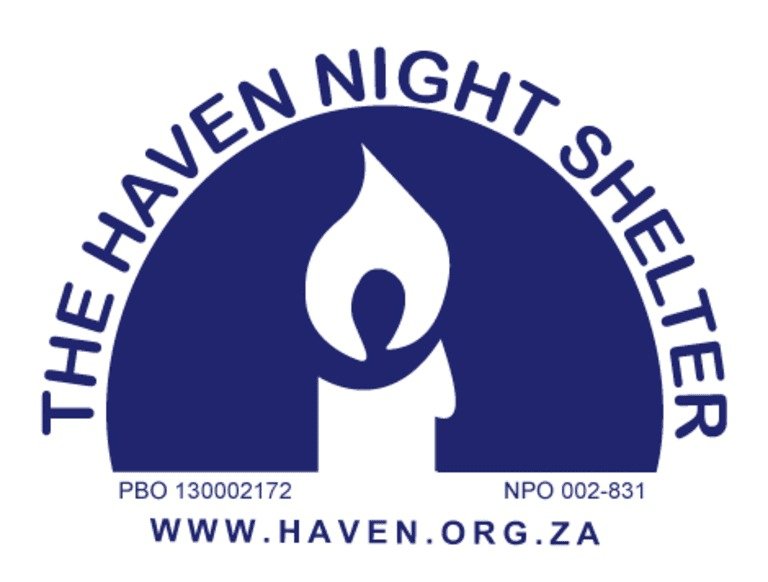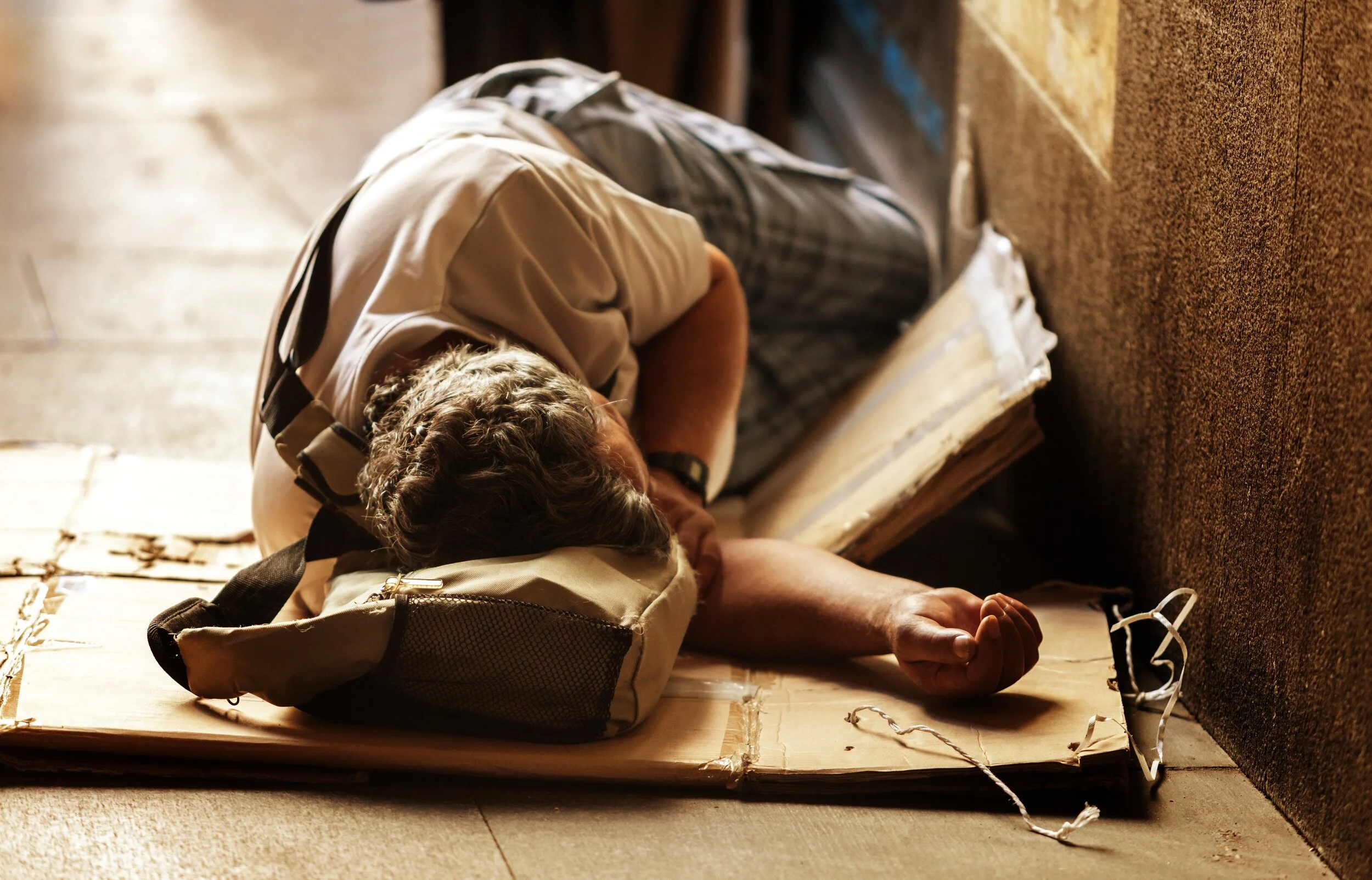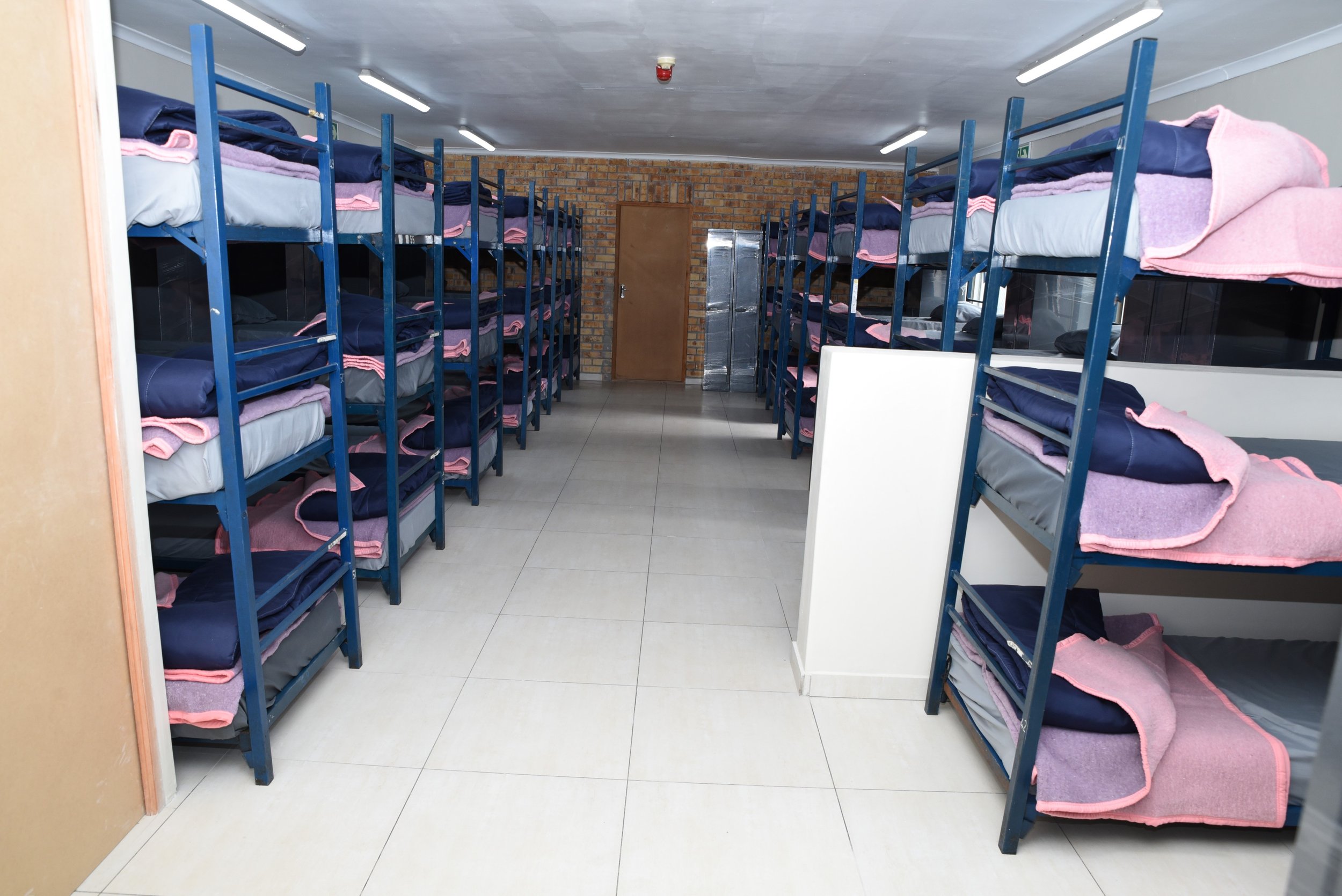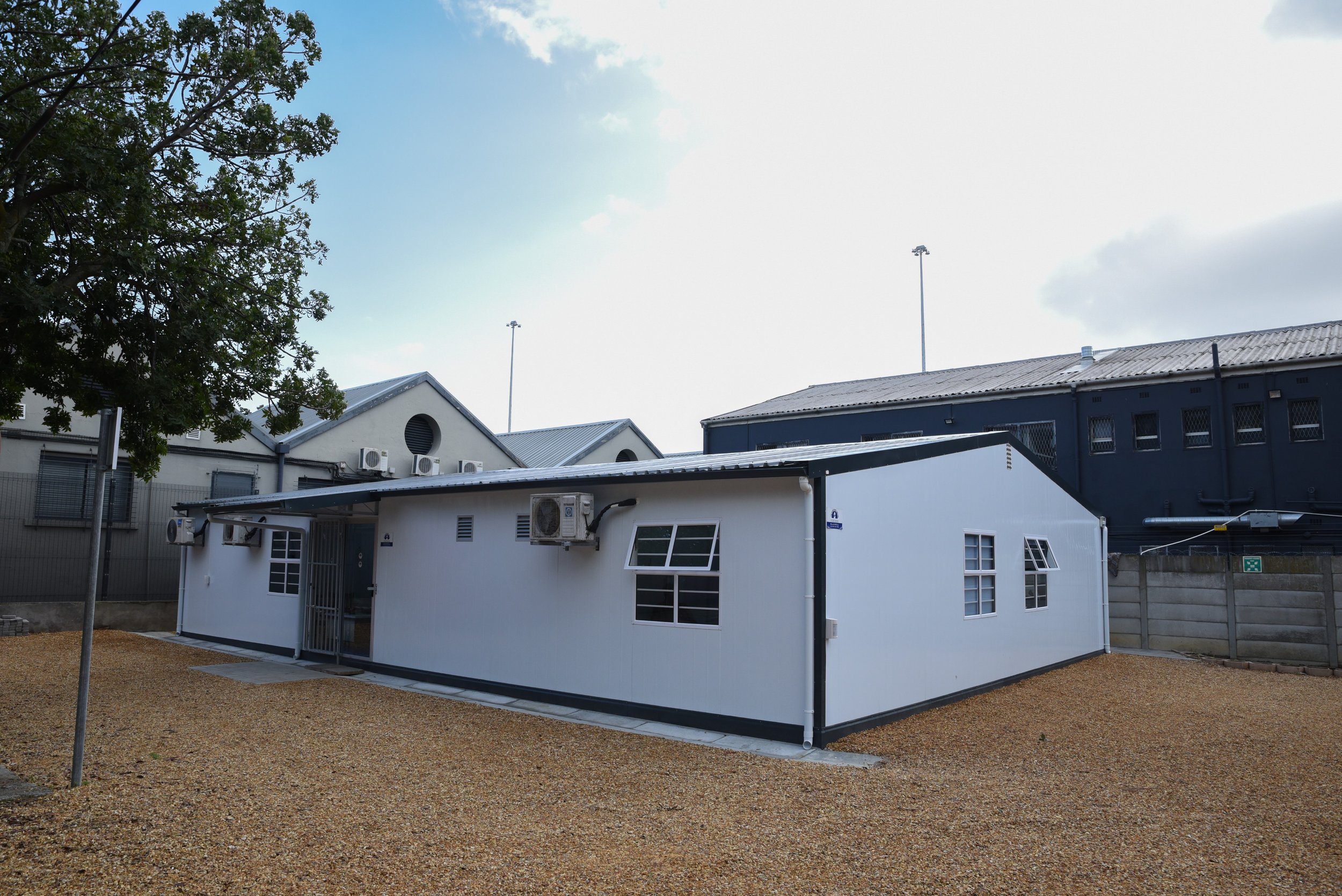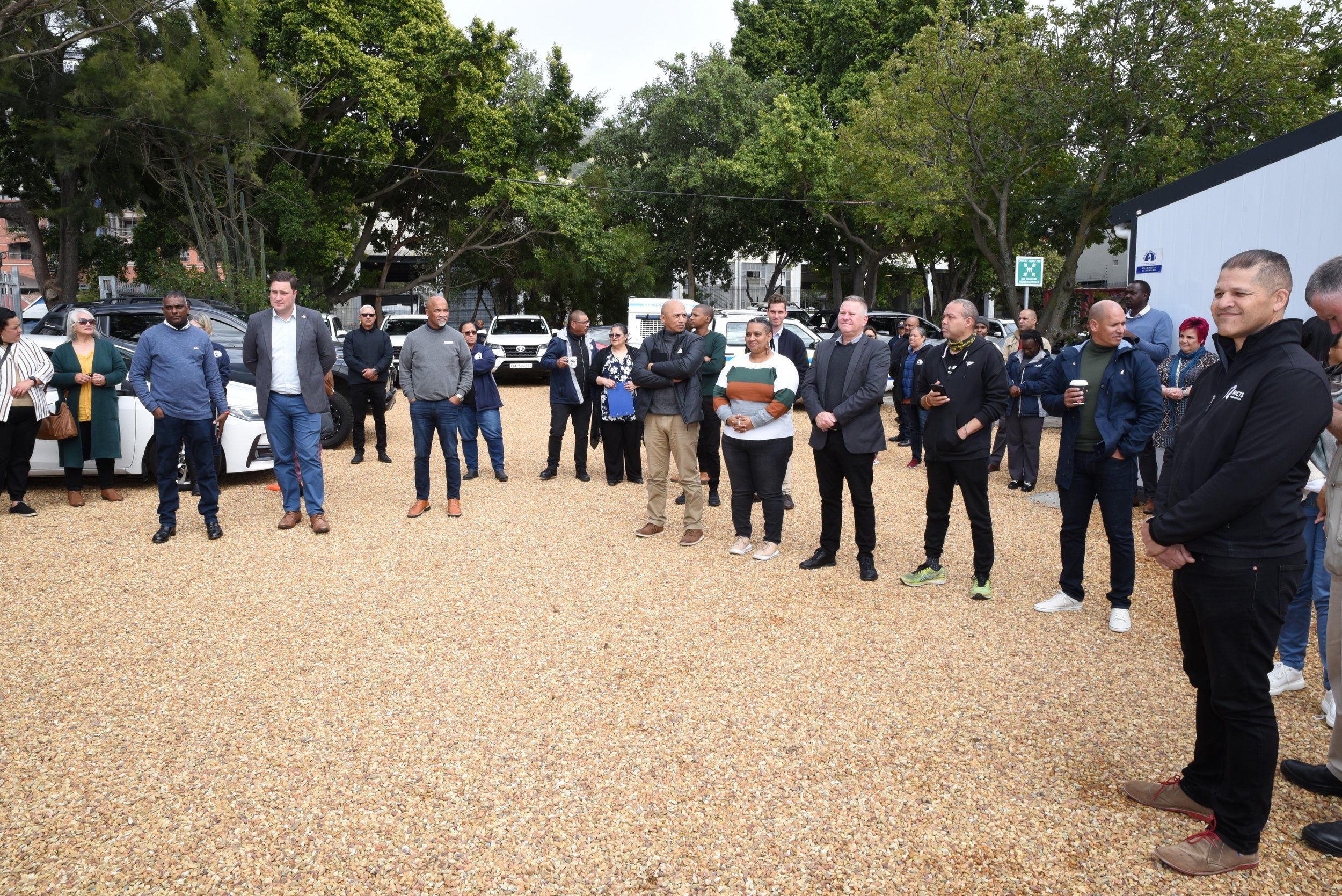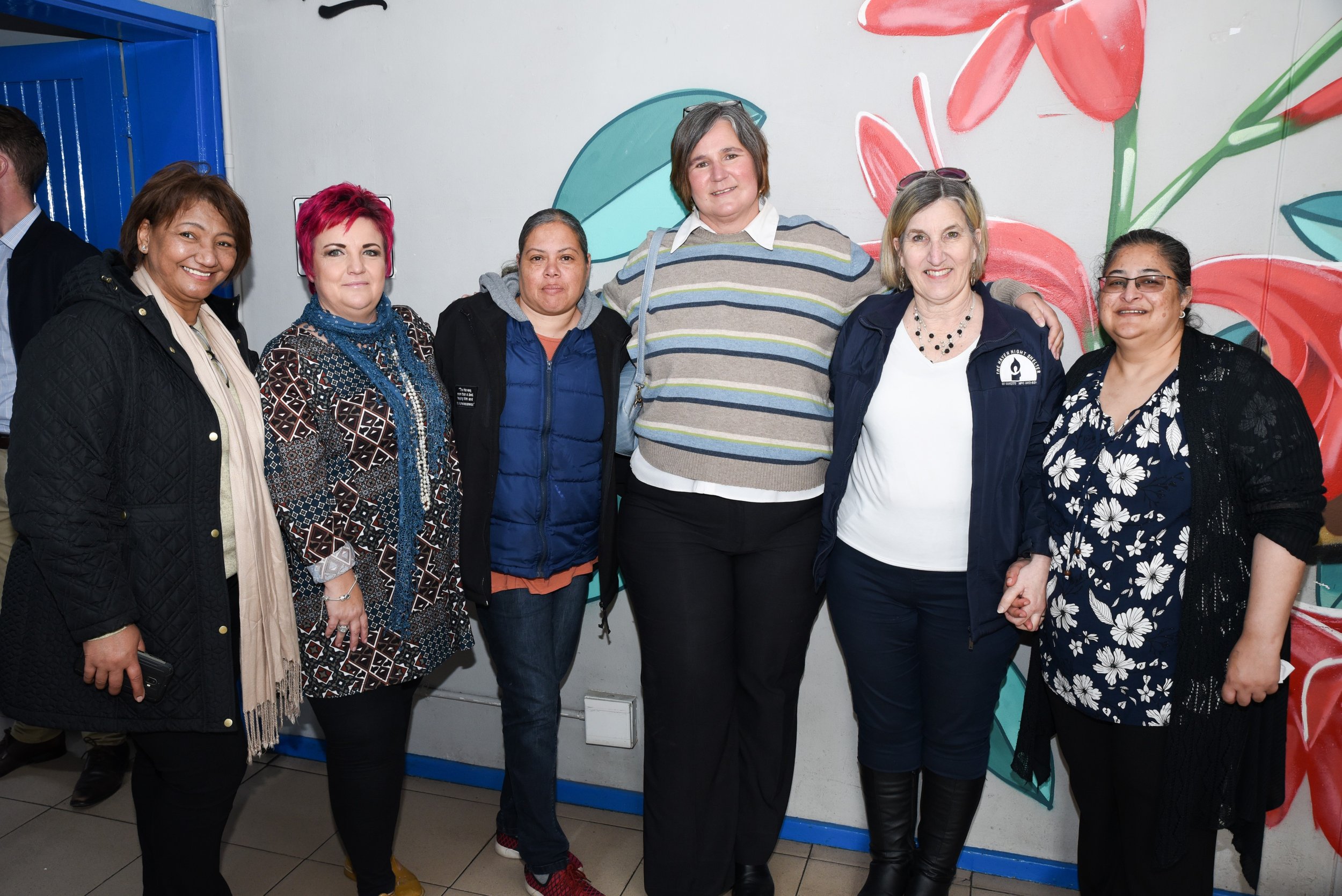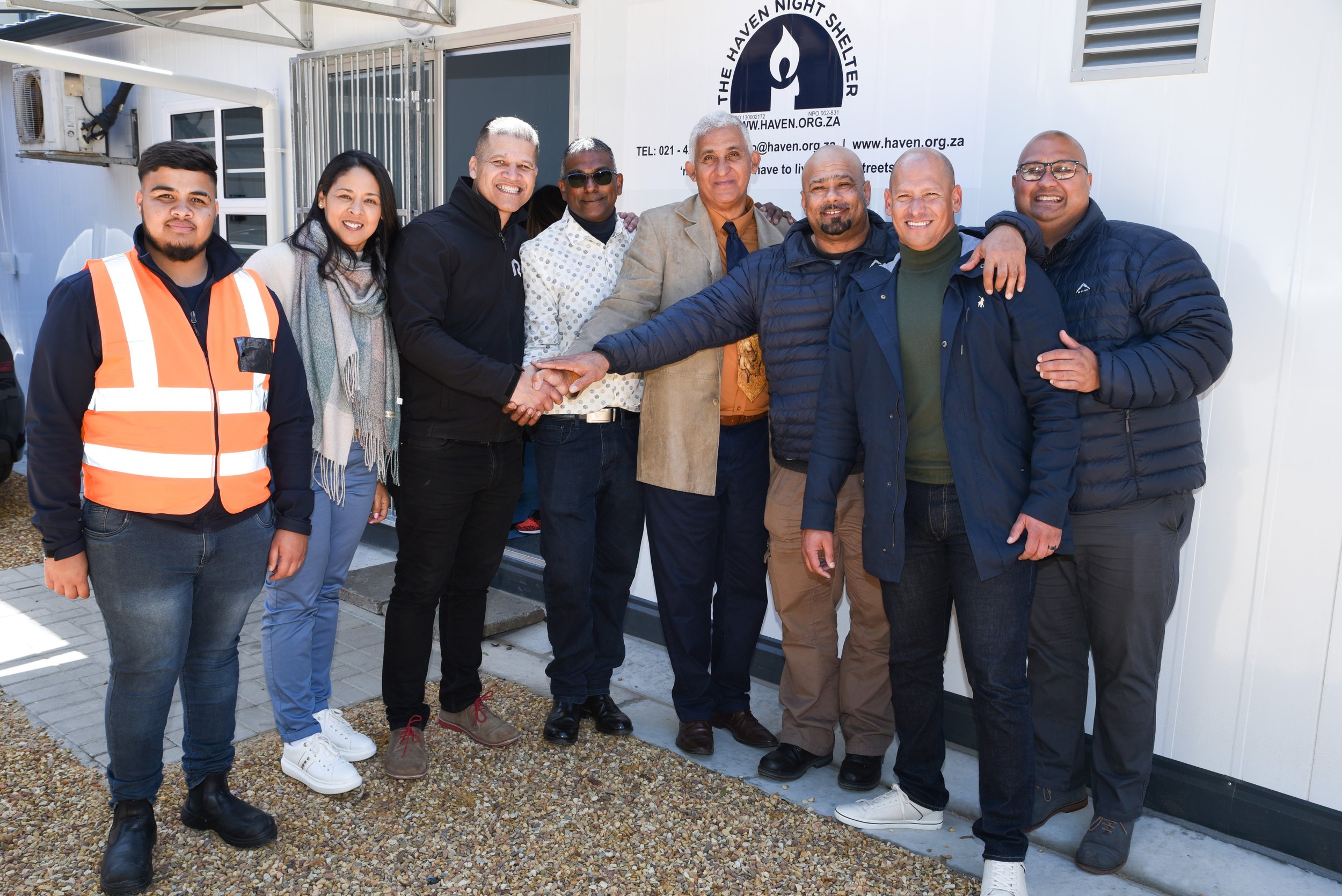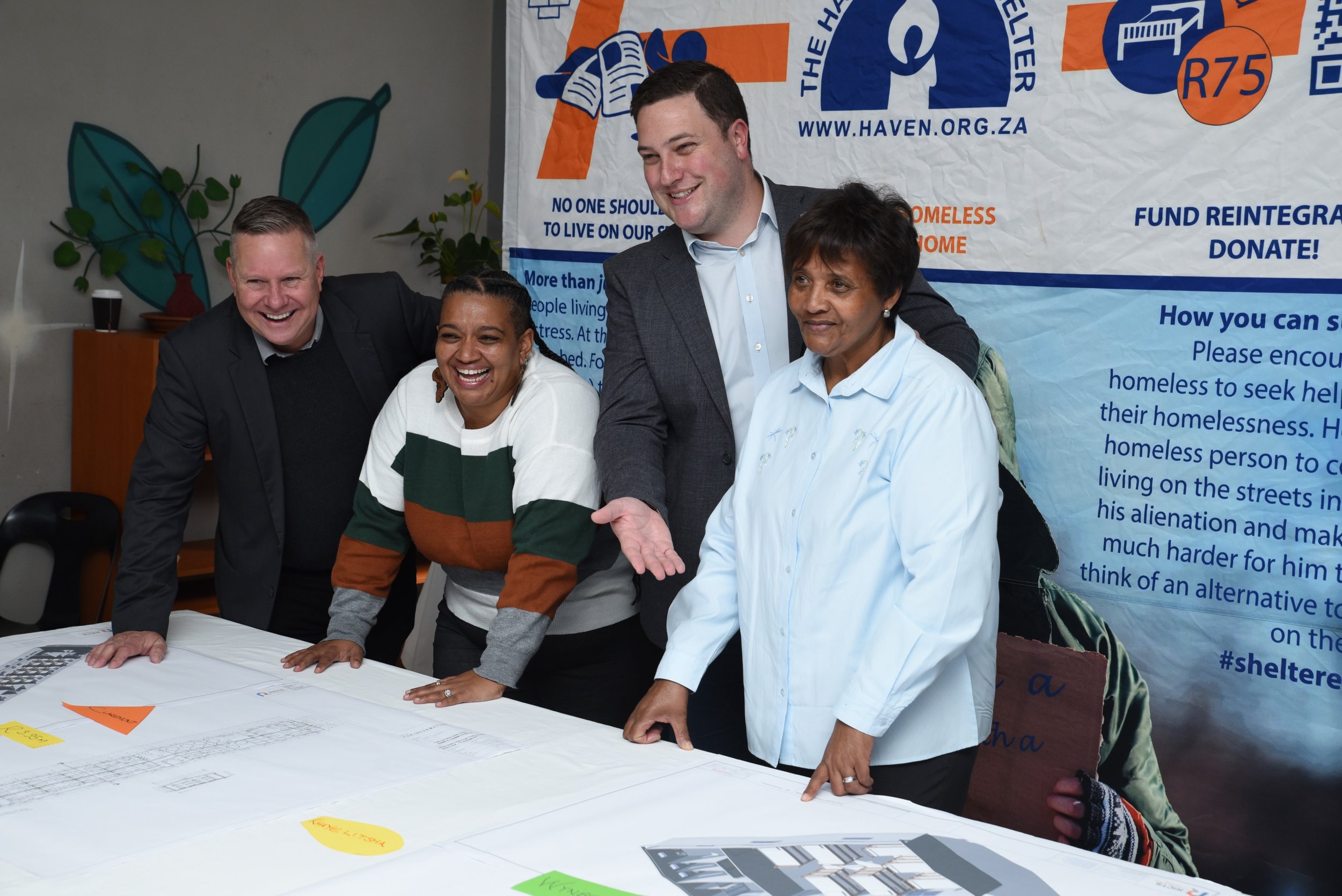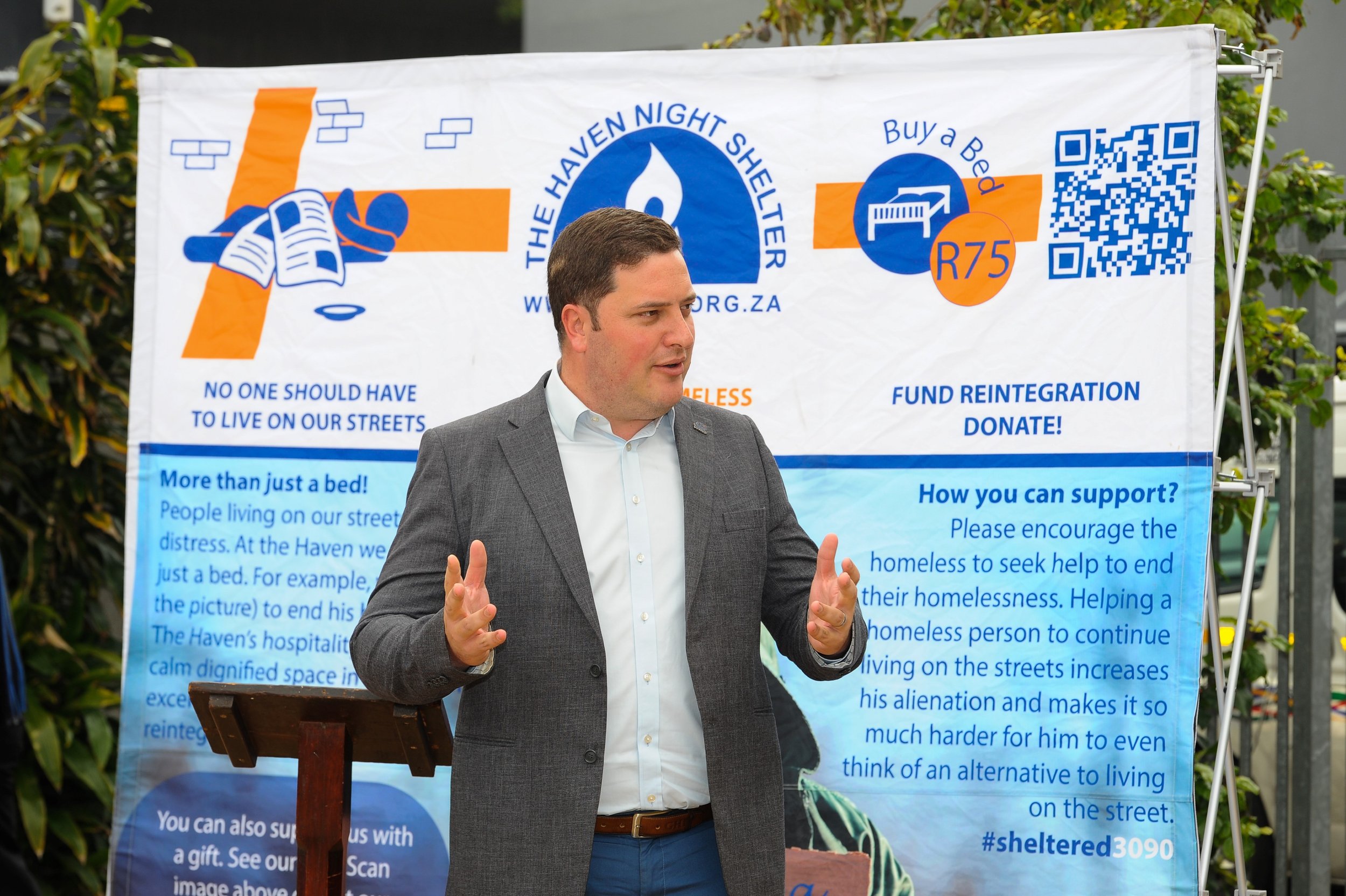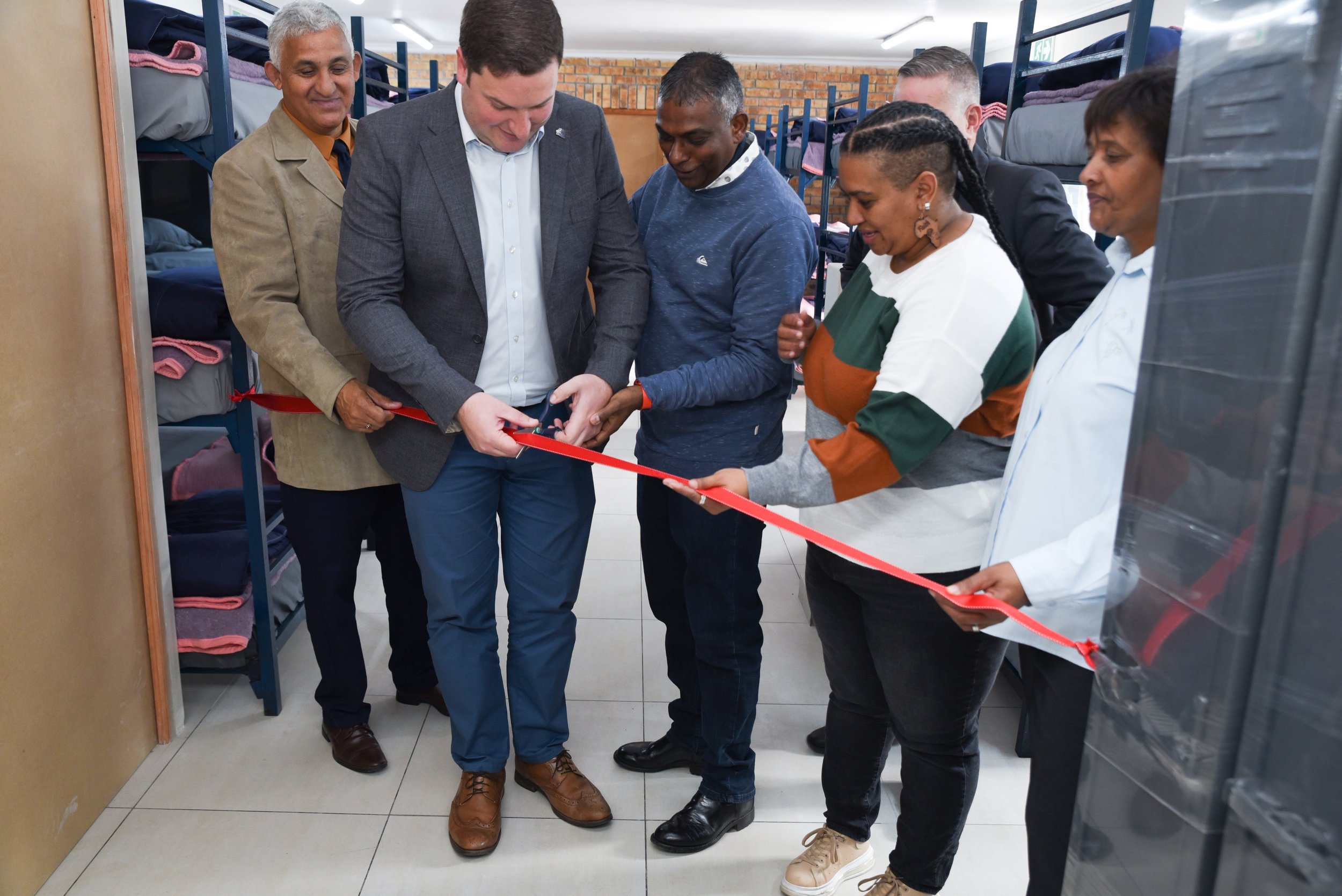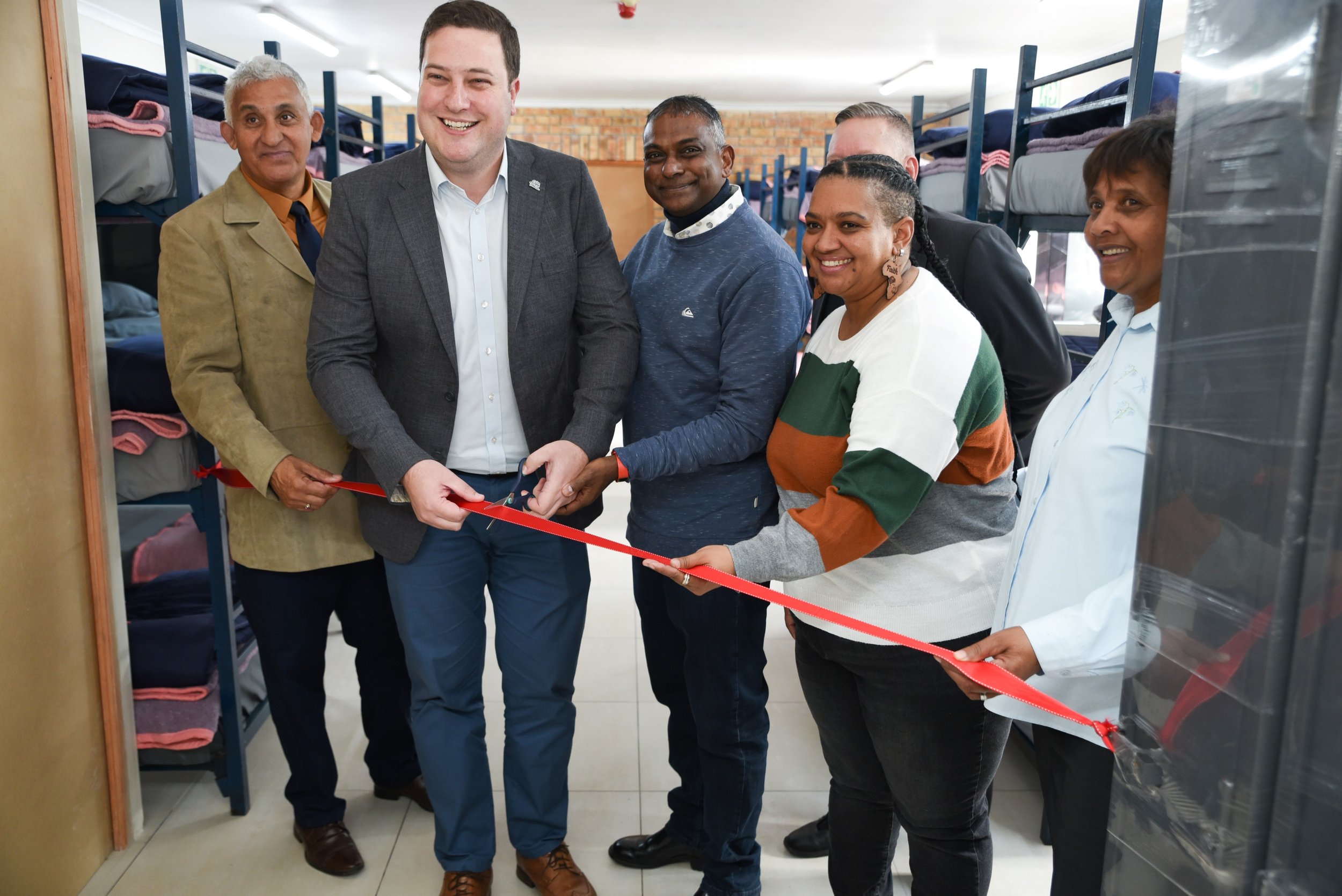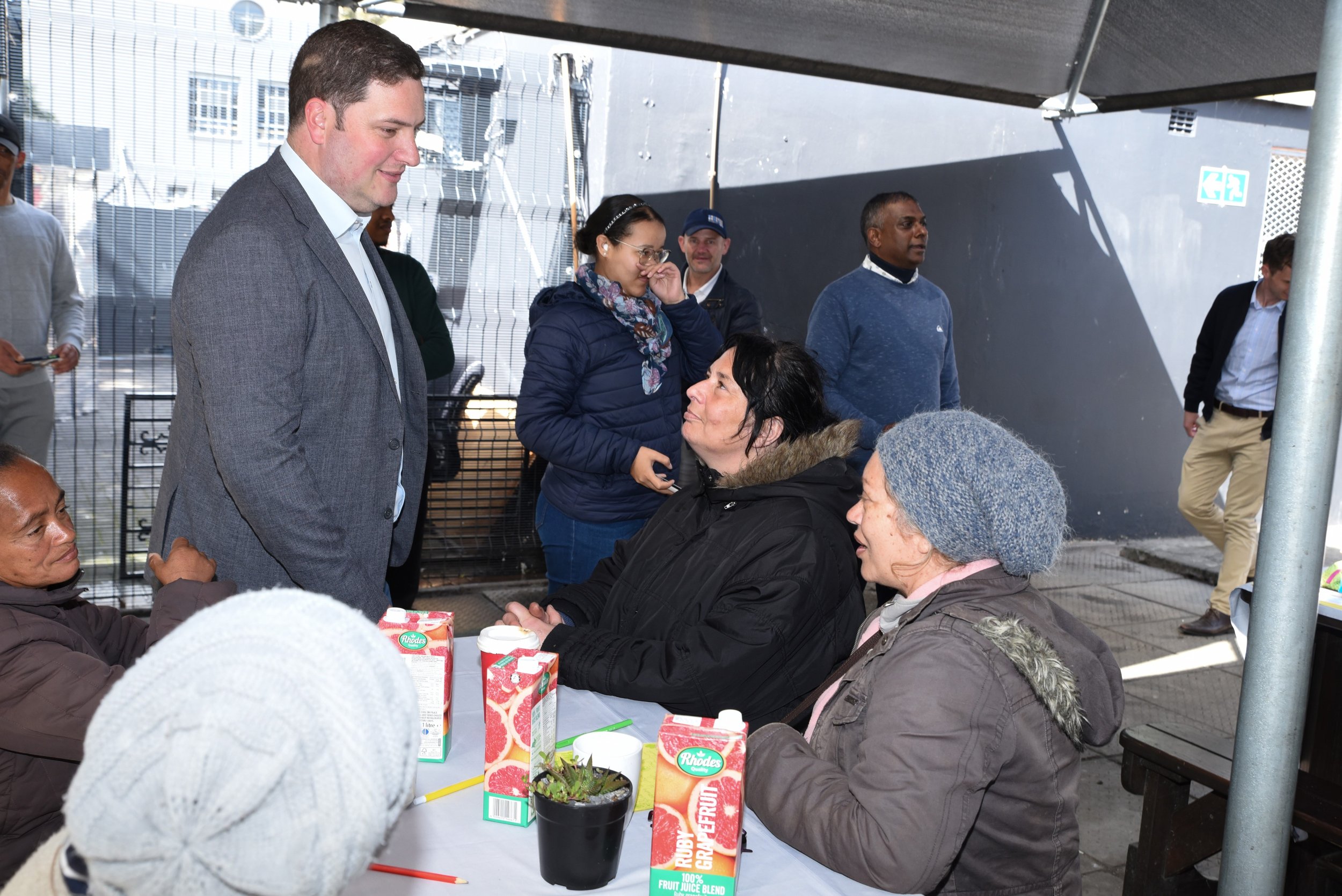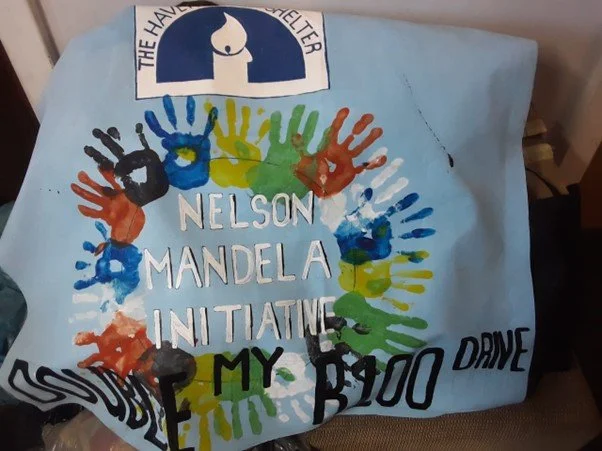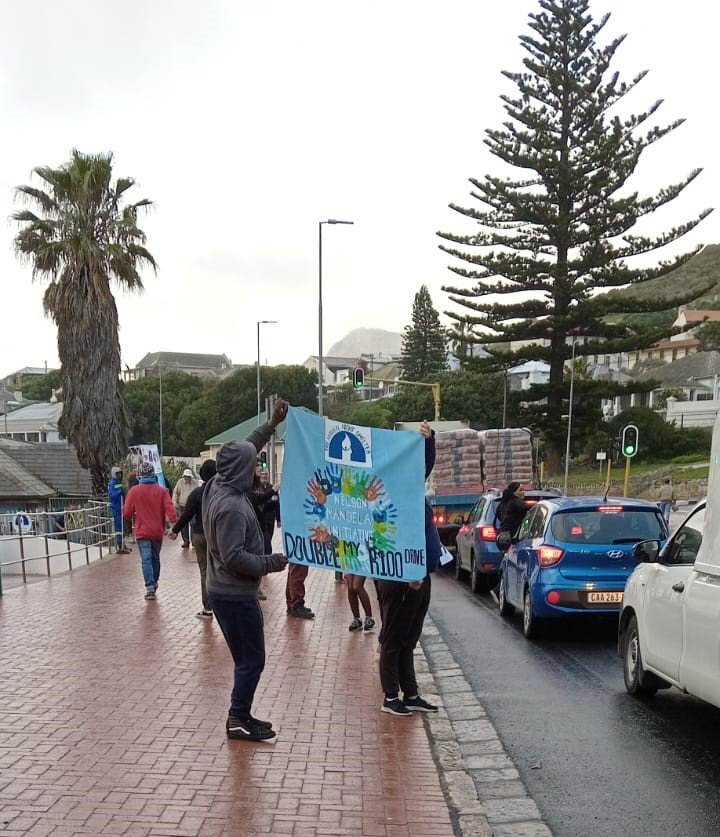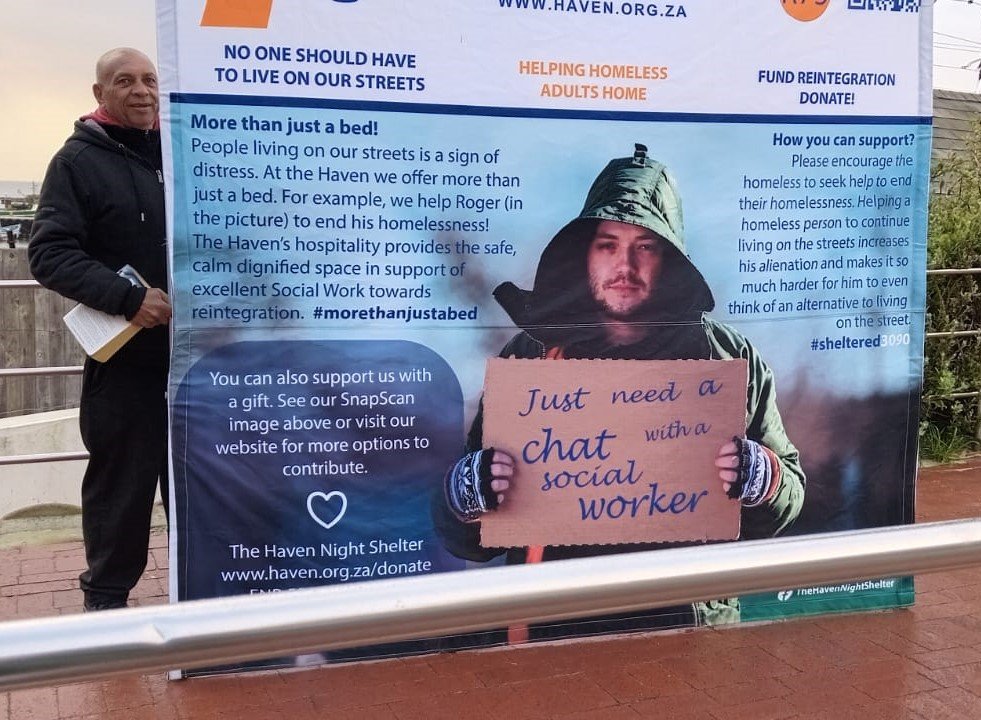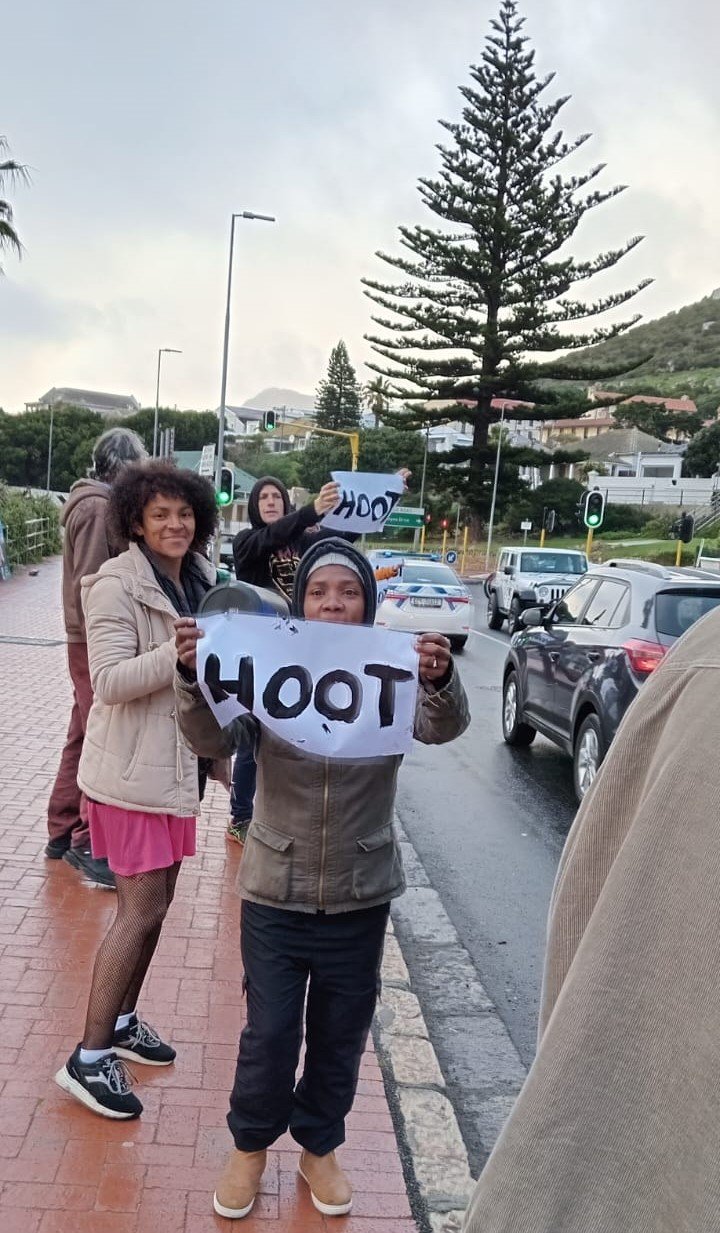He’s a young man in his early 30’s. Mild-mannered and described as ‘a totally likeable, helpful guy’. A married man, father of two daughters aged five and three. He had a good job as a business consultant in a call centre, and was providing adequately for his family. He wanted only the best for his wife and children and saw a good future for them.
Drowning in debt
Three years ago, it all changed for Ali * (32), when he started to take out micro loans in an effort to finance the arrival of his second daughter. There were many loans and the repayments soon became massive. Just before he lost his job, his entire salary was servicing his debts every month.
“When you have a steady income and a good credit record, all the banks want to lend you money,” he says, “I was receiving numerous text messages on a daily basis offering me large sums. I made the mistake of accepting the offers, without taking into account my ability to repay them.”
Ali’s wife and family were unaware of the financial trouble he was in. The stress of the repayments and keeping the secret took their toll on him. A naturally strapping fellow, he soon became thin and gaunt. Everyone assumed substance abuse was the reason for his rapid weight loss and the change in his temperament.
“I told no-one about the trouble I was in – neither my wife, father, nor my two brothers.” It was when he lost his job that things really turned for the worst. “My wife assumed I had been dismissed as a result of drugs. Then I eventually owned up about the debts I had incurred. It was the last straw for her”. In September 2016, Ali’s wife asked him to leave the house, and he complied.
“I’m not an addict”
“I didn’t know where to turn. I didn’t have the courage to talk to my father and brothers. I was too proud, and ashamed at the same time.” For three months, Ali roamed the streets, sleeping in parks and the waiting room of the day hospital; scrounging for food where he could. Eventually, he mustered the courage to contact his dad, who called on Ali’s brother to assist. They contacted The Haven in Bellville, which works closely with a drug rehab facility in Bonteheuwel. Ali remembers his first thoughts when he walked into The Haven, and immediately being struck by how ‘normal’ and ‘decent’ the Haven residents looked.
“There were people who I would never have expected to see in a homeless shelter”, he says. “Many are well-spoken and educated. But looking back now, I’m not sure what I expected. All I know is the staff instantly made me feel welcome. The manager and social worker both reassured me that I was in a safe space and that they would do whatever possible to help me get back to my life.”
Shortly thereafter, Ali enrolled in a drug rehabilitation program to the surprise of the counsellors and practitioners who worked in the facility. After numerous random tests, they could not find any trace of drugs, confirming that he wasn’t a drug addict. When pressed for a reason that he enrolled in the drug rehabilitation program Ali responds “Though I wasn’t on drugs, I didn’t deny the accusation. I thought my family wouldn’t believe me anyway – as most drug users deny they are addicts, so I went along with it and proved them wrong!”
Cooking up a storm
Ali went back to The Haven and so began his journey back to his life. Days after his arrival he decided that moping around was not going to help his cause. He volunteered to do chores around The Haven and soon found his niche in the kitchen. Ali chuckles as he remembers his first days as a Haven chef.
“My mother had no daughters to pass her recipes on to, so my brothers and I were taught to cook and bake from an early age. But I had to figure out ingredients in large quantities at The Haven. It is very different cooking for 60 people when you have been cooking for four your whole life!”
From the pot to the wheel
Whatever task was asked of Ali was executed with dedication and commitment. The management team at The Haven noticed his potential, his sense of responsibility and diligence. One day there was an urgent need for a driver to collect food donations from pick-up points in the area. The usual driver was off for the day. Ali was called on to fill in.
“The manager grilled me about whether I had a driving license, and if I was prone to getting speeding tickets”, laughs Ali. Within days he became the regular driver at The Haven. “I was happy to be earning my keep at The Haven. I had stopped feeling worthless, and my new colleagues made me feel part of the team, like I had something unique to offer, even if it was just driving.”
On a personal level, Ali continued sessions with the social worker at The Haven. He had gained immense value from the advice and tools that she was teaching him, to help him cope with stress and depression.
Getting real
“The part of this journey that I am most grateful for is what I have learned at The Haven through the social worker. Most importantly, she encouraged me to open up to people about my feelings – not to keep things inside. This was a huge step for me, as I never let people know how I felt. Not even my wife really knew my feelings about anything.”
The social worker also taught Ali about journaling – writing down his thoughts and feelings when they became too difficult to deal with. He learned to embrace his mistakes; to own them and learn from them.
“For the first time I am living my truth. It took an enormous, unpleasant, distressing life experience, to get me to the point of truth. In my community, we are taught to cover up mistakes, and hide them for fear of bringing shame on yourself and your family. But that’s like living in denial. Everyone has a problem or makes a mistake. It’s about opening up and dealing with what’s really happening. That’s what I will take away from the past two years. Stick to the truth and keep it real.”
A hand up
Ali always knew that The Haven was not going to be a permanent address.
“The Haven was a stepping stone for which I will always be profoundly grateful, but I was not planning to stay indefinitely. It was my desire to get a job and a place of my own, and somehow get my family back.” Ali’s wife had changed her phone number and had moved away with their children. He had no idea where they were. She and his family had lost contact. They all believed that Ali was on drugs. He knew that if he had any chance of a reconciliation he would need to become independent, build up his confidence, and start building his life.
A way out
“Unexpectedly in July 2017, I was called into the manager’s office, and immediately I thought that maybe I had received a speeding ticket, and that I was in some sort of trouble because of it.”
He remembers his anxiety as he sat down. “Imagine my relief and delight when the reason for the meeting was to offer me a job!” The Haven needed a relief host at the weekend. It would mean working through the night at different shelters when the day hosts went off-duty. “It meant working night shifts, but that did not bother me”, he says. “All I could think was that this was the big break I needed to get my life back on track.”
A new place to call home
It was very soon thereafter that Ali managed to rent a small flat for himself, and was able to EXIT The Haven.
“By the grace of God, my future looks bright for the first time in so long. I eventually made contact with my wife who had thought I was dead. It was very emotional making that first call to her. I wasn’t sure if she ever wanted to see me again, and if she had perhaps moved on with her life. I’m happy to say that she agreed to see me. There is constant contact between us, and I love being back in my kids’ lives. At the moment, we are looking for a place to live together.”
When asked about the relationship with his father and brothers, Ali thinks for a moment. “I have made peace with my family and I have forgiven them. I want them to be happy, as I move forward and make a new life with my wife and children. As for my work here at The Haven, I have found my purpose. This is where I am meant to be. I want to help others as I have been helped by this organisation. The Haven truly has changed my life.”
